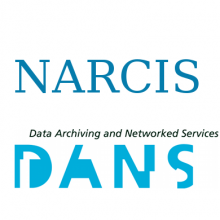Resource information
markdownabstractThe North and Centre of Portugal encompass many productive forest areas that are particularly prone to fires. In the year of 2017, the most destructive fire season in the history of the country devastated extensive areas of land. Somewhere in the middle of this burnt region, the parish of Alvares stands as a representative case of the entire territory: consecutive decades of rural exodus dramatically changed the economic structure in which its population used to subsist. Following this path of abandonment, the exploitation of forest resources also changed noticeably, leading to a new fire regime that is hampering the necessary reforms to sustain proper forest management. The high frequency of devastating fires causes many social and economic damages as well as substantial environmental deterioration and has become incompatible with profitable investments for the typical small landowner. After the fire of 2017, a group of researchers joined the stakeholders within the forestry industry in Alvares to build an ambitious plan to modify the fire regime in an economically sustainable way. In order to do so, their forest planning proposal included the implementation of various barriers to sustain the propagation of fire, together with a diversification of the use of land and of the forest mix. However, their success crucially depends on the economic feasibility of the project for the small landowners and, therefore, new business ideas have to be put into practice to revitalize the region.
This is an ENABLE project case. ENABLE is co-funded by the Erasmus+ programme of the European Union under agreement number-2016-1-NL01-KA203-023013.


